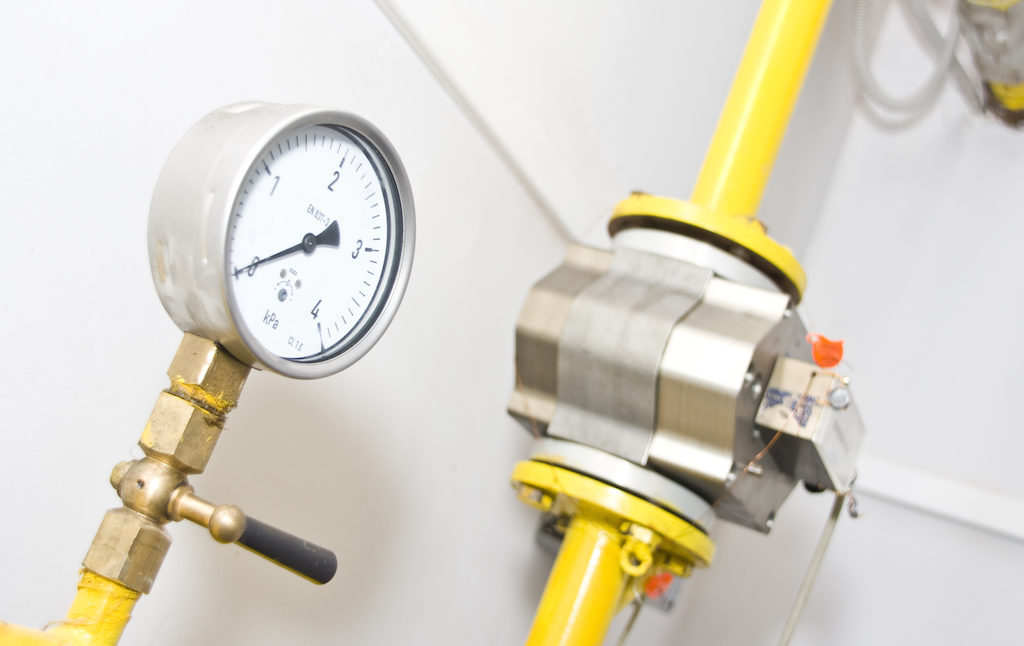More than 74 million people use natural gas in their homes, according to the American Gas Association. You can use it to heat water, provide heat for a home or fuel a stove or other appliance. Natural gas is a safe and effective form of energy unless it leaks. Gas leaks can be extremely dangerous and instantly turn a home into an explosive situation.
There are numerous signs of a natural gas leak in a home. Recognizing these signs can save lives and prevent disaster.
If you detect the presence of natural gas, evacuate the home immediately. Go to the home of a neighbor or family member, and call 911. Once you are safe, call a Maine HVAC technician to evaluate and repair the gas leak.
Here are five signs your home may have a gas leak.
Your home smells like rotten eggs
By itself, natural gas does not have an odor. Gas companies will add a sulfur smell to natural gas so its presence can be readily detected. You likely have a natural gas leak if you smell rotten eggs or sulfur. Evacuate the area and call 911 once you are safe. Then call a Maine HVAC specialist to evaluate and fix the leak.
Dead houseplants
Natural gas leaks are unhealthy for all living things, including houseplants that require oxygen to survive. If they do not get enough of it, they will start to die. Houseplants can act like a canary in the coal mine. You may have a gas leak if you have houseplants that inexplicably die and are not from a lack of water or light. Call HVAC 911 Maine to assess your home.
A hissing sound coming from the pipes
You may have a substantial gas leak if you hear a hissing sound from your gas pipes. The hissing might be a leaking valve, a loose refrigerant line or a bad compressor. Call an HVAC 911 Maine technician immediately to repair the break if you suspect a gas leak.
You feel sick and fatigued
Exposure to natural gas can make you sick. You may feel headaches, muscle pains or suffer nosebleeds. Chest pains and dizziness are also common. If you are experiencing these symptoms and find that a gas leak is the issue, find fresh air and reach out to HVAC 911 Maine.
Your furnace’s pilot light is orange or yellow
The pilot light on your furnace should always burn blue. If you notice the flame turn orange or yellow, this could be a sign that the furnace emits poisonous carbon monoxide gas. Contact HVAC 911, Maine, if you notice this problem.
What to do if you have a gas leak
If you have a gas leak, evacuate the home immediately. Once you are in a safe location, call 911. After the gas line is secure, contact an HVAC 911 Maine specialist to deal with the issue.
Need a Maine HVAC technician? Contact HVAC 911
If you need an HVAC technician to inspect or repair your gas line, contact HVAC 911. We are a network of licensed Maine HVAC specialists who can help repair gas lines.
Our Maine HVAC Techs are highly trained and fully vetted. They are drug tested, insured and bonded. Call HVAC 911 for a trusted HVAC specialist today!
